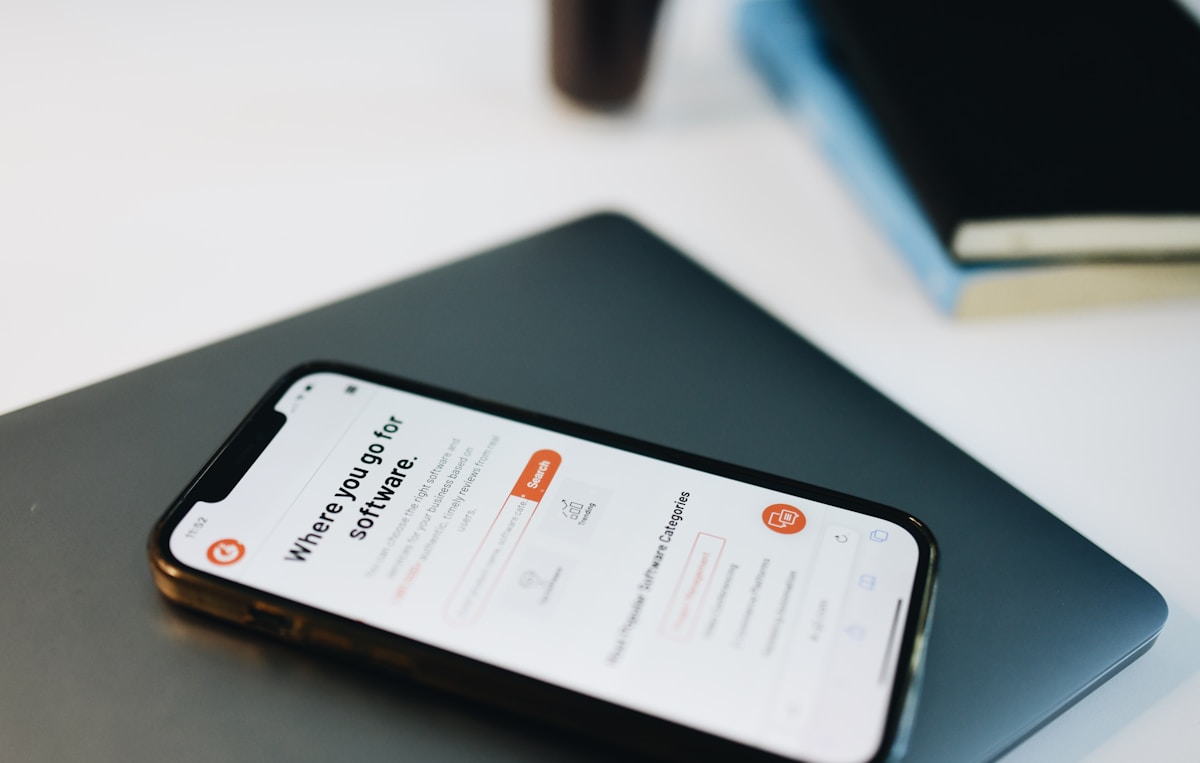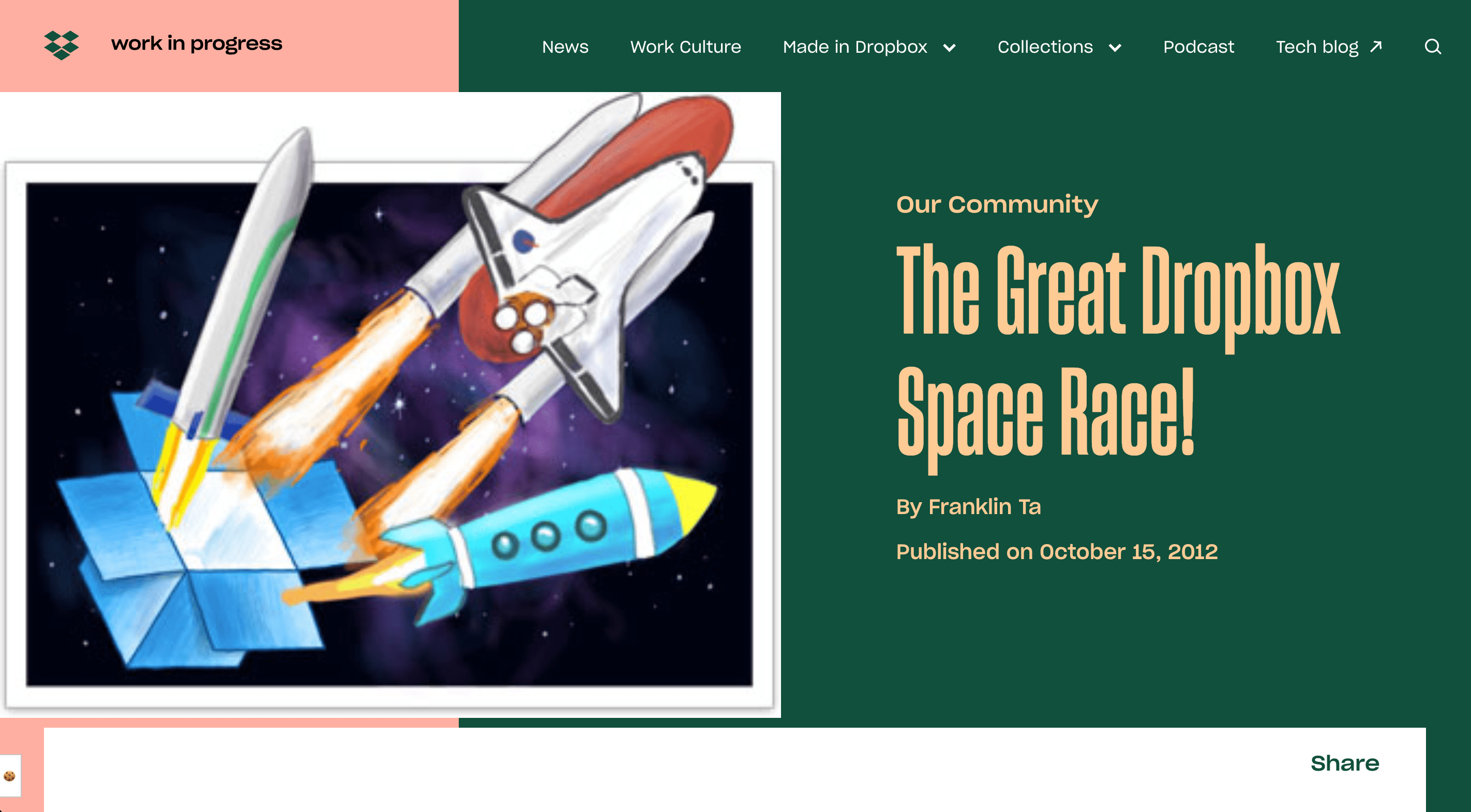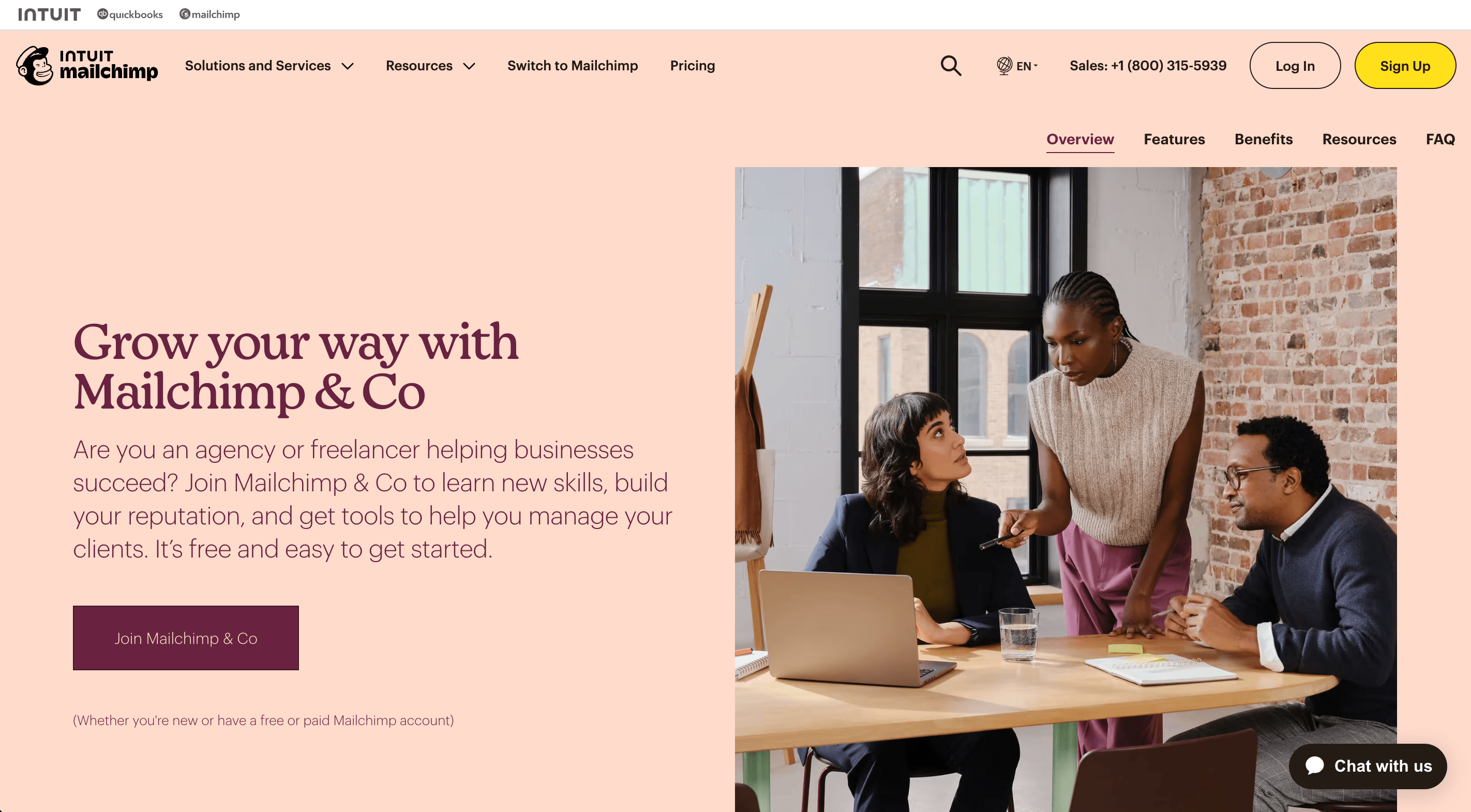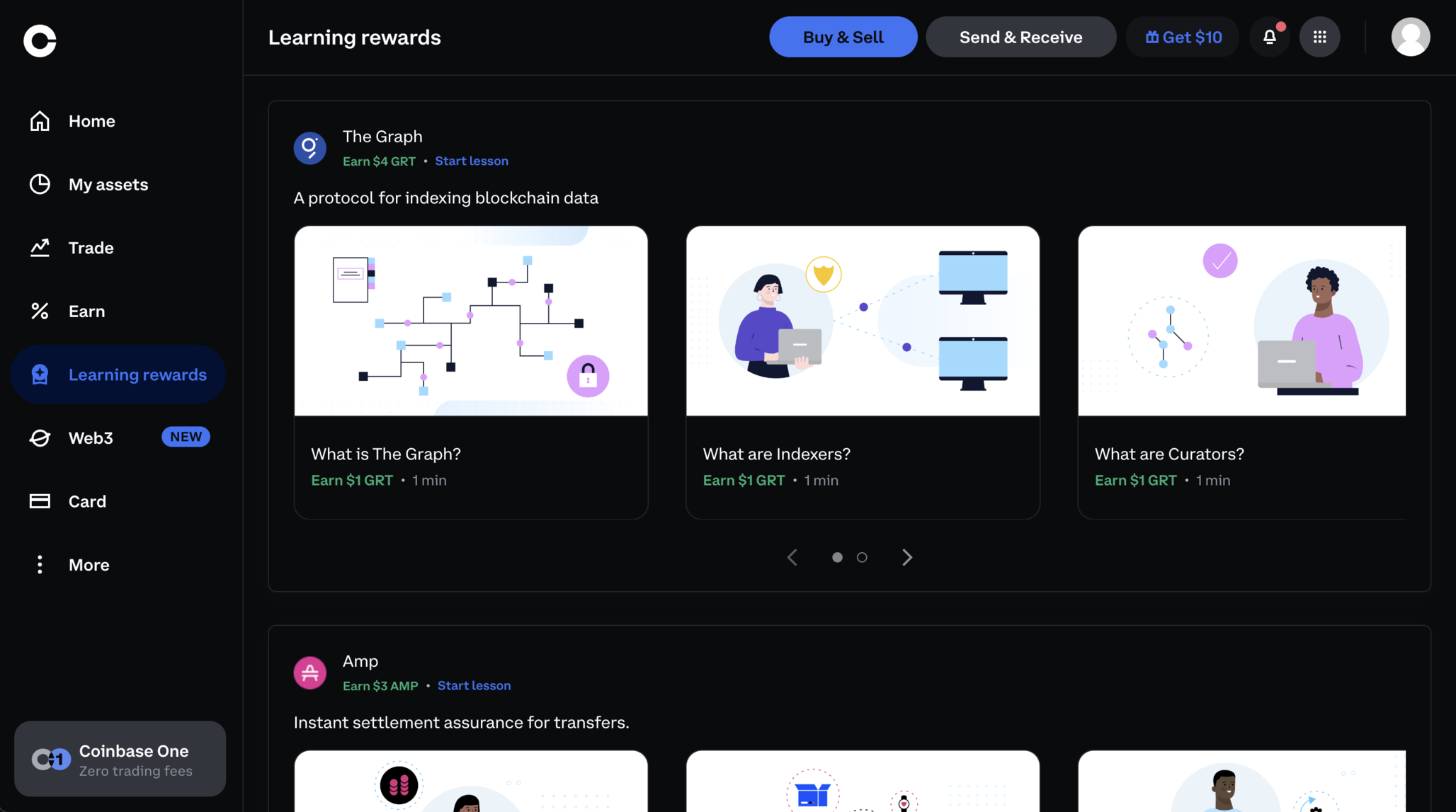Testimonials are powerful tools for building trust and credibility with potential customers. But how do you actually go about asking for testimonials from your clients and customers? Crafting an effective testimonial request email is both an art and a science.
In this comprehensive guide, we'll explore best practices for requesting testimonials via email, provide 8 customizable email templates you can use, and share expert tips to maximize your chances of getting glowing testimonials that will help grow your business.
Table of Contents
- Why Testimonials Matter
- When to Ask for Testimonials
- Key Elements of an Effective Testimonial Request Email
- 8 Testimonial Request Email Templates
- Best Practices for Following Up
- How to Make It Easy for Customers to Respond
- Leveraging Testimonials Effectively
- Common Mistakes to Avoid
- Measuring the Success of Your Testimonial Requests
Why Testimonials Matter {#why-testimonials-matter}
Before diving into the how-to, let's briefly touch on why testimonials are so valuable:
- Social Proof: Testimonials provide powerful social proof that your product or service delivers results.
- Trust Building: Authentic testimonials from real customers build trust with prospects.
- Overcoming Objections: Well-crafted testimonials can address and overcome common objections.
- SEO Benefits: Customer testimonials often contain natural keywords that can boost your search rankings.
- Marketing Versatility: Testimonials can be used across various marketing channels - your website, social media, email campaigns, and more.
Simply put, testimonials are one of the most effective and cost-efficient ways to attract and convert new customers. That's why having a solid strategy for requesting and collecting testimonials is crucial for any business.
When to Ask for Testimonials {#when-to-ask-for-testimonials}
Timing is everything when it comes to requesting testimonials. Here are some ideal moments to reach out:
After a Successful Project Completion: This is when the positive experience is fresh in the client's mind.
Upon Reaching a Milestone: If you've helped a client achieve a significant goal, capitalize on that success.
Following Positive Feedback: If a client expresses satisfaction, that's your cue to ask for a formal testimonial.
At Regular Intervals for Ongoing Services: For long-term clients, set up periodic check-ins to gather feedback.
After Resolving a Challenge: If you've turned a difficult situation into a positive outcome, that story can make for a compelling testimonial.
During Account Reviews: Use regular account reviews as an opportunity to request testimonials.
At the End of a Trial Period: If a customer decides to continue with your service after a trial, that's a great time to ask why they chose to stick around.
Post-Purchase: A few weeks after a purchase, when the customer has had time to experience the benefits of your product.
Remember, the key is to strike while the iron is hot - when your customer's positive experience is still top of mind.
Key Elements of an Effective Testimonial Request Email {#key-elements}
A well-crafted testimonial request email should include the following elements:
Clear Subject Line: Make your intent clear from the start with a subject line that mentions the testimonial request.
Personalized Greeting: Address the customer by name to create a personal connection.
Expression of Gratitude: Start by thanking the customer for their business or recent interaction.
Context: Briefly remind them of the work you've done together or the product/service they've used.
Clear Request: Be direct in asking for a testimonial. Don't bury the request in a long email.
Explanation of Value: Explain how their testimonial will help your business and potentially other customers.
Specific Questions or Prompts: Guide them with specific questions to answer or aspects to focus on.
Multiple Options: Offer various ways to provide a testimonial (written, video, audio, etc.)
Time Estimate: Let them know approximately how long it will take to provide a testimonial.
Deadline (Optional): If appropriate, include a soft deadline to create a sense of urgency.
Incentive (Optional): Consider offering a small token of appreciation for their time.
Clear Next Steps: Provide clear instructions on how to submit the testimonial.
Permission Request: Ask for permission to use their testimonial in your marketing materials.
Closing: End with a warm sign-off and your contact information for any questions.
By incorporating these elements, you create a comprehensive yet concise email that respects your customer's time while maximizing the chances of receiving a quality testimonial.
8 Testimonial Request Email Templates {#email-templates}
Here are 8 customizable email templates you can use as starting points for your testimonial requests. Remember to personalize these templates to fit your brand voice and specific customer relationships.
Template 1: Short and Sweet {#template-1}
Subject: Quick favor? Your feedback would mean a lot
Hi [Customer Name],
I hope this email finds you well. I'm reaching out because your opinion matters to us. Would you be willing to share a brief testimonial about your experience with [Product/Service]?
It would take just a few minutes of your time and would be incredibly valuable in helping other customers like yourself make informed decisions.
If you're open to it, you can simply reply to this email with a few sentences about your experience, or click this link to fill out a short form: [Link]
Thank you for considering this request. Your support means the world to us.
Best regards,
[Your Name]
Template 2: Emphasizing Mutual Benefit {#template-2}
Subject: Partner spotlight opportunity - Share your success story
Hello [Customer Name],
I trust you're having a great week. I'm excited to reach out with an opportunity that could benefit both of us.
We're currently highlighting success stories from our valued clients, and given the fantastic results you've achieved with [Product/Service], we'd love to feature your experience.
By sharing a testimonial, you'll:
- Gain exposure for your brand on our website and social channels
- Help other businesses discover solutions to similar challenges
- Strengthen our partnership and potentially unlock new opportunities
Would you be interested in providing a short testimonial about how [Product/Service] has impacted your business? We're happy to work with you on the format that's most convenient - written, video, or even a quick phone interview.
If you're on board, just reply to this email, and we'll take care of the rest.
Looking forward to showcasing your success!
Warm regards,
[Your Name]
Template 3: Milestone Celebration {#template-3}
Subject: 🎉 Celebrating your success - A quick request
Dear [Customer Name],
Congratulations on [specific milestone or achievement]! We're thrilled to have been part of your journey to this impressive milestone.
To celebrate this success, we'd love to feature your story in our upcoming "Client Wins" series. Would you be willing to share a brief testimonial about how [Product/Service] contributed to this achievement?
Your insights would be incredibly valuable to other businesses aiming for similar goals. Plus, it's a great opportunity to highlight your company's success to a wider audience.
If you're interested, here are a few prompts to get you started:
1. What specific challenge were you facing before using [Product/Service]?
2. How did [Product/Service] help you overcome this challenge?
3. What tangible results have you seen since implementing [Product/Service]?
You can reply directly to this email with your thoughts, or if you prefer, we can schedule a quick 10-minute call to capture your feedback.
Thank you for considering this request. We're proud to have played a part in your success story!
Best regards,
[Your Name]
Template 4: Video Testimonial Request {#template-4}
Subject: Lights, camera, action! Your story on video?
Hi [Customer Name],
I hope this message finds you well. We're in the process of creating a video showcase of our amazing clients, and we immediately thought of you and [Company Name].
Given the impressive results you've achieved with [Product/Service], would you be open to sharing your experience in a brief video testimonial? It's a fantastic opportunity to:
- Highlight your company's success
- Provide valuable insights to peers in your industry
- Help us showcase real-world applications of [Product/Service]
We've made the process as simple as possible:
1. We'll send you 3-4 questions in advance
2. You can record the video right from your smartphone or computer (we'll provide easy instructions)
3. The video only needs to be 1-2 minutes long
4. We'll handle all the editing and post-production
If you're camera-shy, don't worry! We can also arrange for a team member to interview you via video call, making the process even easier.
Are you up for it? If so, just reply "Yes," and we'll send over all the details.
Thank you for considering this request. Your partnership means a lot to us, and we're excited about the possibility of featuring your success story.
Best regards,
[Your Name]
Template 5: Multiple Options {#template-5}
Subject: Your choice: 3 easy ways to share your experience
Hello [Customer Name],
I hope you're having a great day. I'm reaching out because we value your opinion and would love to hear about your experience with [Product/Service].
We understand everyone has different preferences and time constraints, so we're offering three easy options for sharing your feedback:
1. Quick Written Testimonial: Simply reply to this email with 2-3 sentences about your experience.
2. Video Snippet: Record a 30-second video on your phone sharing your thoughts and send it our way.
3. Star Rating: If you're short on time, click this link to leave a star rating with a brief comment: [Link]
Whichever option you choose, your feedback will help potential customers make informed decisions and will be incredibly valuable to our team.
As a token of our appreciation, we'll send you [incentive, e.g., a $10 gift card] once we receive your testimonial.
Thank you for being a valued customer. We look forward to hearing from you!
Best regards,
[Your Name]
P.S. If none of these options work for you but you'd still like to share your thoughts, let me know, and we can find an alternative that suits you better.
Template 6: Referencing Specific Results {#template-6}
Subject: Your success story: From [Previous State] to [Current State]
Dear [Customer Name],
I hope this email finds you well. I was recently reviewing some of our client success stories, and I was blown away by the results you've achieved:
- [Specific Metric 1, e.g., "50% increase in lead generation"]
- [Specific Metric 2, e.g., "30% reduction in customer churn"]
- [Specific Metric 3, e.g., "2x improvement in team productivity"]
These are impressive numbers, and we're honored to have played a role in your success with [Product/Service].
Would you be willing to share a brief testimonial about your experience? Your journey from [previous state] to [current state] could be incredibly inspiring and helpful for other businesses facing similar challenges.
If you're open to it, here are a few questions to guide your testimonial:
1. What specific problems were you trying to solve with [Product/Service]?
2. How has [Product/Service] helped you achieve these impressive results?
3. What has been the biggest impact on your business since implementing [Product/Service]?
You can simply reply to this email with your responses, or if you prefer, we can schedule a quick 15-minute call to capture your thoughts.
Thank you for considering this request. Your success is our success, and we'd be thrilled to share your story.
Best regards,
[Your Name]
P.S. With your permission, we'd love to feature your testimonial on our website and in some of our marketing materials. If you're comfortable with this, please let me know!
Template 7: Incentivized Request {#template-7}
Subject: Your feedback = $50 donation to charity of your choice
Hello [Customer Name],
I hope you're having a fantastic week. I'm reaching out with a special request that not only helps us but also allows you to make a positive impact.
We're currently collecting customer testimonials to help potential clients understand the real-world benefits of [Product/Service]. Given your success with [specific achievement or metric], we'd be honored to feature your experience.
Here's the exciting part: For every testimonial we receive, we're donating $50 to a charity of the customer's choice. This is our way of saying thank you while also giving back to causes that matter.
If you're willing to participate, here's all you need to do:
1. Provide a brief testimonial (3-5 sentences) about your experience with [Product/Service]
2. Let us know which charity you'd like us to donate to on your behalf
You can simply reply to this email with your testimonial and chosen charity, or if you prefer, we can schedule a quick 10-minute call to capture your thoughts.
Thank you for considering this request. Your feedback not only helps us improve but also contributes to making the world a little better.
Warm regards,
[Your Name]
P.S. If you're interested in seeing the impact of our donation program so far, check out this page: [Link to donation impact page]
Template 8: Follow-Up Template {#template-8}
Subject: Quick reminder: Your testimonial would mean a lot
Hi [Customer Name],
I hope this email finds you well. I'm just following up on my previous request for a testimonial about your experience with [Product/Service]. I completely understand if you've been busy and haven't had a chance to respond yet.
Your feedback is incredibly valuable to us and would be a huge help to other potential customers who are considering [Product/Service]. Even a sentence or two about your experience would be greatly appreciated.
To make it as easy as possible, you can simply reply to this email with your thoughts, or use this quick form: [Link to form]
If you'd prefer not to leave a testimonial at this time, no worries at all. Just let me know, and I won't bother you about it again.
Thank you for your time and for being a valued customer.
Best regards,
[Your Name]
P.S. If you have any questions or concerns about providing a testimonial, please don't hesitate to ask. I'm here to help!
Best Practices for Following Up {#follow-up-best-practices}
Even with a well-crafted initial request, you may not always get an immediate response. Here are some best practices for following up on your testimonial requests:
Wait an Appropriate Amount of Time: Give your customers at least a week to respond before following up. They're likely busy, and you don't want to come across as pushy.
Be Polite and Understanding: Acknowledge that you understand they're busy and that providing a testimonial is a favor, not an obligation.
Provide a Gentle Reminder: Briefly restate the purpose of your original request and why their feedback is valuable.
Offer Assistance: Ask if there's anything you can do to make the process easier for them, such as providing more specific questions or scheduling a quick call.
Give an Out: Let them know it's okay if they're not comfortable providing a testimonial at this time. This takes the pressure off and maintains a positive relationship.
Limit Follow-Ups: Don't send more than two follow-up emails. If you don't get a response after the second follow-up, it's best to let it go.
Consider Alternative Channels: If email isn't getting a response, consider a polite phone call or a message on a platform where they're more active, like LinkedIn.
Timing Matters: Send follow-ups at different times than your original email. If the first was sent in the morning, try an afternoon follow-up.
Keep It Short: Your follow-up should be brief and to the point. Respect their time by getting straight to the ask.
Highlight New Information: If applicable, mention any new developments or success metrics since your last communication.
Remember, the goal is to gently remind and encourage, not to pressure. A respectful, patient approach will yield the best results and maintain positive customer relationships in the long run.
How to Make It Easy for Customers to Respond {#make-it-easy}
The easier you make it for customers to provide testimonials, the more likely they are to do so. Here are some strategies to simplify the process:
Provide Clear Instructions: Outline exactly what you're looking for and how they can submit their testimonial.
Offer Multiple Formats: Some customers might prefer writing, while others might find it easier to record a quick video or audio clip. Offer options.
Use a Simple Form: Create a user-friendly form with clear, concise questions. Tools like Google Forms or SurveyMonkey can be helpful.
Include Prompts or Questions: Give them a starting point with specific questions or prompts to address in their testimonial.
Suggest a Length: Provide a guideline for length (e.g., "2-3 sentences" or "30-60 seconds for video") to set clear expectations.
Offer to Draft It for Them: Some customers might appreciate you drafting a testimonial based on their feedback, which they can then review and approve.
Provide Examples: Share sample testimonials to give them an idea of what you're looking for.
Be Flexible with Deadlines: While it's good to provide a timeframe, be understanding if they need more time.
Offer Assistance: Make it clear that you're available to help if they have any questions or need support in creating their testimonial.
Use Technology: Consider using testimonial collection software that streamlines the process for both you and your customers.
Leveraging Testimonials Effectively {#leveraging-testimonials}
Once you've collected testimonials, it's crucial to use them strategically to maximize their impact:
Website Integration: Feature testimonials prominently on your website, especially on high-traffic pages and near calls-to-action.
Social Media Sharing: Turn testimonials into visually appealing graphics for social media posts.
Email Marketing: Include relevant testimonials in your email campaigns to boost credibility.
Case Studies: Expand detailed testimonials into full case studies for in-depth social proof.
Sales Collateral: Incorporate testimonials into your sales presentations, proposals, and brochures.
Video Testimonials: If you have video testimonials, feature them on your YouTube channel and embed them on your website.
Landing Pages: Use testimonials specific to the offer on targeted landing pages.
Remarketing Ads: Include testimonials in remarketing ads to re-engage potential customers.
Product Pages: Place relevant testimonials on specific product or service pages.
Review Sites: Encourage satisfied customers to post their testimonials on relevant review sites.
Press Releases: Include customer quotes in press releases about new products or company milestones.
Internal Communication: Share testimonials with your team to boost morale and reinforce the value of their work.
Remember to always get permission from customers before using their testimonials in your marketing efforts.
Common Mistakes to Avoid {#common-mistakes}
While requesting and using testimonials, be mindful of these common pitfalls:
Asking Too Soon: Ensure customers have had enough time to experience the benefits of your product or service.
Being Too Generic: Avoid vague requests. Be specific about what kind of feedback you're looking for.
Overlooking Legal Considerations: Always get written permission to use testimonials in your marketing materials.
Failing to Follow Up: Don't forget to thank customers for their testimonials and let them know how you plan to use them.
Over-Editing: While it's okay to make minor edits for clarity, don't alter the essence of the testimonial.
Ignoring Negative Feedback: If you receive constructive criticism, address it professionally and use it to improve your offerings.
Using Fake Testimonials: This is unethical and can severely damage your credibility if discovered.
Overusing the Same Testimonials: Regularly update your testimonial collection to keep content fresh.
Neglecting to Showcase Diversity: Aim to feature testimonials from a diverse range of customers to appeal to a broader audience.
Forgetting to Update: If a featured customer's information changes (e.g., job title, company name), make sure to update the testimonial accordingly.
Measuring the Success of Your Testimonial Requests {#measuring-success}
To refine your testimonial request strategy over time, it's important to track its effectiveness. Here are some metrics to consider:
Response Rate: Track the percentage of customers who respond to your testimonial requests.
Completion Rate: Monitor how many of those who respond actually complete and submit a testimonial.
Quality of Testimonials: Assess the depth, specificity, and persuasiveness of the testimonials you receive.
Impact on Conversion Rates: Measure how the addition of testimonials affects conversion rates on your website or landing pages.
Social Shares: Track how often your testimonials are shared on social media platforms.
Time to Respond: Monitor how quickly customers respond to your requests on average.
Format Preferences: Note which formats (written, video, audio) are most popular among your customers.
A/B Testing Results: Test different request templates and compare their performance.
Customer Sentiment: Analyze the overall sentiment of the testimonials you receive.
Long-term Customer Value: Track whether customers who provide testimonials have higher lifetime value or retention rates.
By regularly analyzing these metrics, you can continually improve your testimonial request process, resulting in more and better quality testimonials over time.
In conclusion, mastering the art of requesting testimonials via email is a valuable skill that can significantly boost your marketing efforts. By following the best practices outlined in this guide, using the provided templates as a starting point, and continuously refining your approach based on results, you'll be well on your way to building a powerful collection of customer testimonials that drive trust, credibility, and ultimately, business growth.







